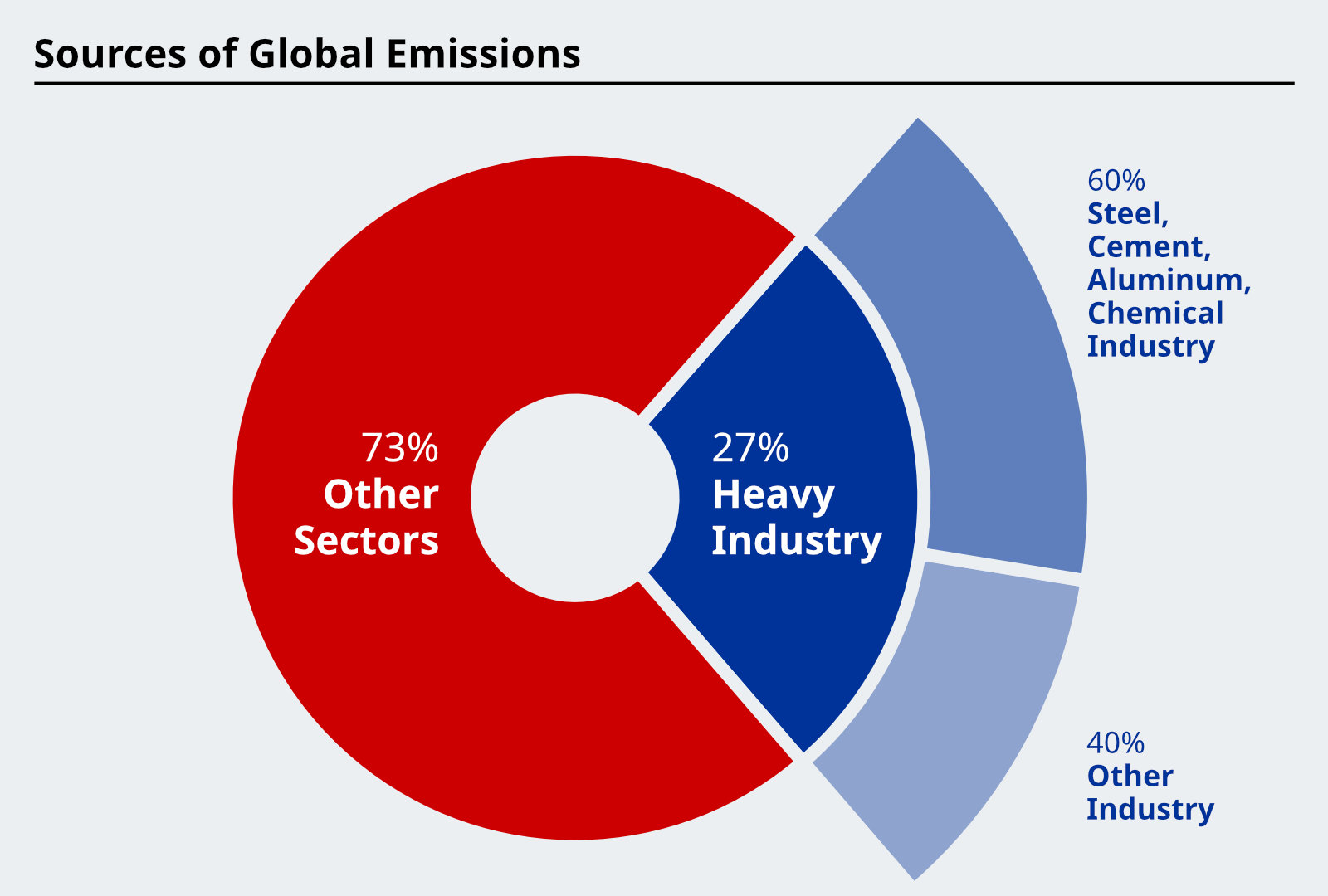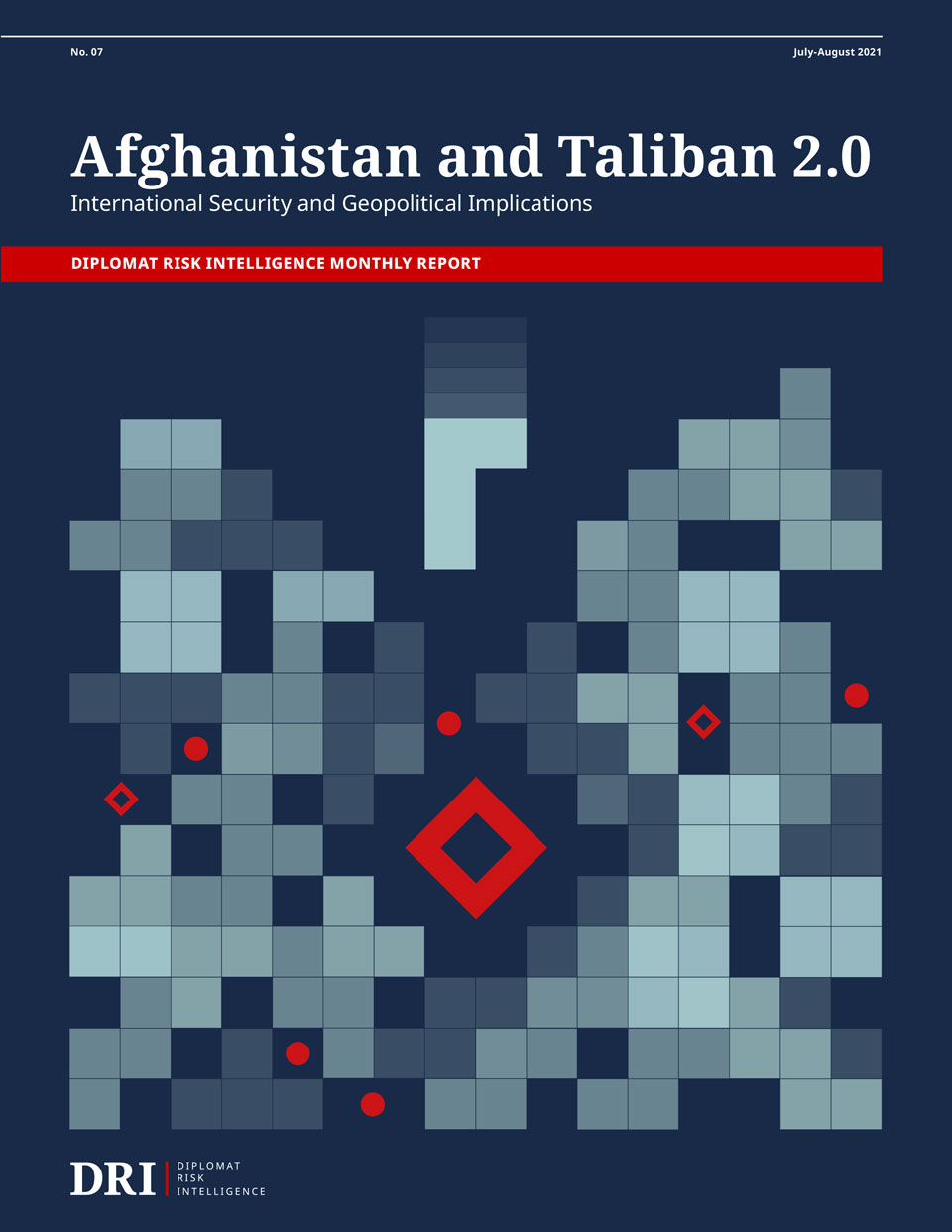| Welcome to the latest issue of Diplomat Brief. This week our top story traces the past 50 years of Cambodia’s history as seen through marked changes in the seaside town of Sihanoukville. We also have an interview with Dr. Aries Arugay, a professor of political science at the University of the Philippines Diliman, on the Philippines’ 2022 elections and Rodrigo Duterte’s political future. |
| Story of the week |  | SOCIETY Cambodia’s History, Viewed Through SihanoukvilleWhat Happened: Cambodia has gone through immense changes since the 1970s, from the terror and violence of the Khmer Rouge regime to a civil war, then the rapid development of the 1990s and early 2000s before a political crackdown. All those changes can be seen through the evolution of Sihanoukville from a sparsely populated village to a bustling seaside resort – and, today, a nearly unrecognizable enclave for Chinese casinos and resorts. Our Focus: Youk Chhang, the director of the Documentation Center of Cambodia, recounts for The Diplomat his first visit to Sihanoukville in 1992: “The town’s population was around 15,000 people in the 1960s. And on that day of September 1992, all we could see was a small town with a huge, long beach. It was like heaven... And nobody was there.” By the early 2000s, Cambodians had “learned about swimwear and taking long walks on the beach, all those things that two decades of war and conflicts in the 1970s and 1980s had prevented them from doing. The beach belonged to them.” But not for long. What Comes Next: Youk Chhang’s most recent visit to Sihanoukville, in October 2021, highlighted yet another change underway in Cambodia: the rise of Chinese influence. Seeing a new skyline of high-rise buildings, many of them empty and unfinished, he writes, “Sihanoukville felt empty in spite of all these buildings… It looks like somewhere else, not Cambodia. The street does not belong to Cambodians any longer.” The question of Sinicization is a sensitive issue in Cambodia that Hun Sen’s government will need to be attuned to going forward. Read this story |
| Behind the News | INTERVIEW Aries ArugayDr. Aries Arugay, visiting fellow at the ISEAS Yusof-Ishak Institute and professor of political science at the University of the Philippines Diliman, on the prospect of a Duterte dynasty: “Since 2016, the Dutertes remain the dominant force in Philippine politics. The weakness of the opposition is clearly seen in the performance of some of its leaders in electoral surveys.” Read the interview |
| This Week in Asia | Northeast Asia Biden, Xi Hold First Virtual SummitThe president of the United States and China held their first face-to-face talk – albeit a virtual session – on November 16. No breakthroughs were made, or expected, but such is the state of China-U.S. relations that their explicit commitments to avoid conflict and work on risk management strategies were seen as a positive sign. Find out more | South Asia Islamabad Talks Peace With the Pakistani TalibanPakistan and the Tehreek-i-Taliban Pakistan (TTP) have signed a month-long ceasefire as they attempt negotiate a peace agreement. It’s not the first such effort, however. The government tried to reach a deal with the TTP in late 2020, only to see violence surge after talks collapsed. Meanwhile, there are concerns within Pakistan about legitimizing the TTP, the country’s most feared terrorist threat, through the negotiations. Find out more | Southeast Asia Southeast Asian Borders Start to Reopen Ahead of Holiday SeasonFrom Vietnam to Thailand to Indonesia, Southeast Asian countries are cautiously reopening their borders to vaccinated travelers in hopes of capitalizing on the holiday tourist season. A similar reopening push was scrapped in July amid a surge in COVID-19 cases – all countries in the region will be hoping that the reopening of borders can be sustained this time. Find out more | Central Asia Turkmenistan’s Big COVID LieAshgabat hasn’t confirmed a single case of COVID-19, a lie no one outside the country believes. Even the WHO, hoping to maintain cooperation by refraining from criticizing members, seems to be growing tired of the charade. Last week a WHO official said, “From the scientific point of view, it’s unlikely that the virus is not circulating in Turkmenistan.” Find out more |
| Visualizing APAC |  | COP26 glossed over a major issue in the climate crisis: Heavy industry is responsible for a huge chunk of global emissions, yet developing countries in Asia are relying on these carbon-intensive materials to build desperately needed infrastructure. See the full picture |
| Word of the Week | ENVIRONMENT 光棍Guānggùn: Literally meaning “bare branches” in Mandarin, a slang term for unmarried men in China. Find out more |
| Webinar | The Diplomat Asks AUKUS’ Reception in the Indo-PacificAUKUS adds to growing array of minilateral arrangements in Asia today and has drawn a variety of reactions from across the region, ranging from wary to enthusiastic. What are the regional sensitivities around AUKUS? What does AUKUS mean for Australia's broader regional role? How will AUKUS contribute to regional debates on a security architecture? Join us on November 17 at 5 p.m. U.S. Eastern time for an expert overview of the regional reaction to and long-term implications of AUKUS in the Indo-Pacific. Sign up for the webinar |
|  |





